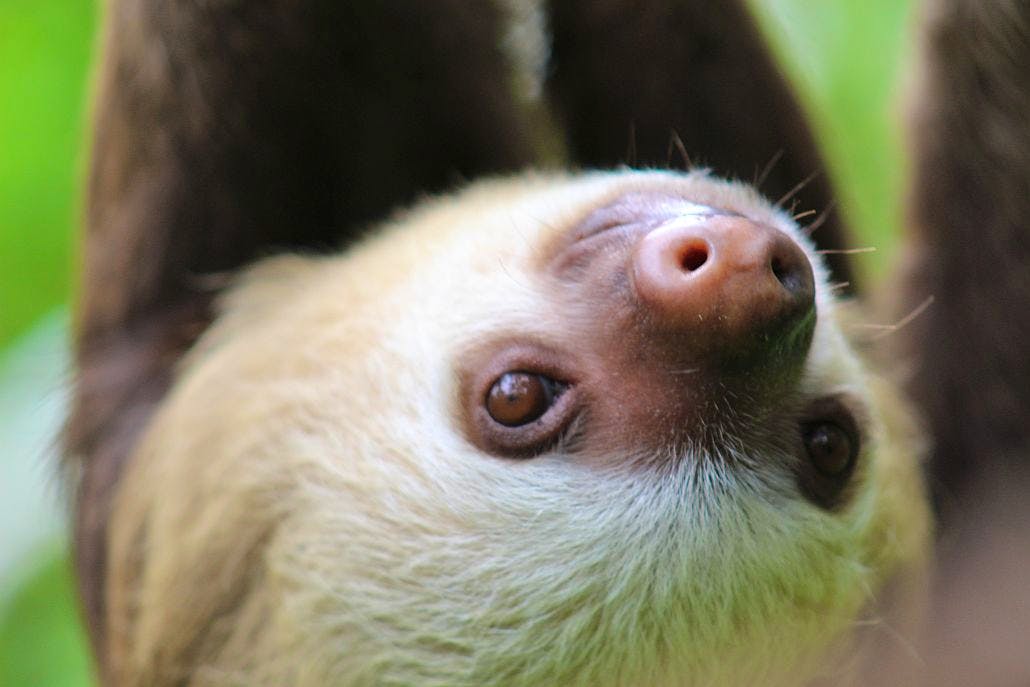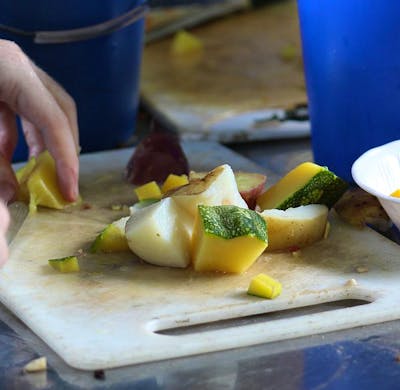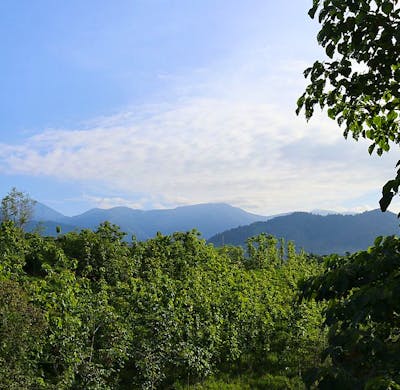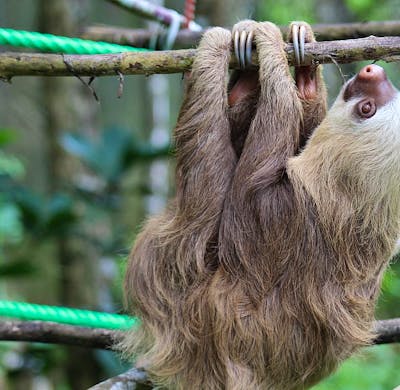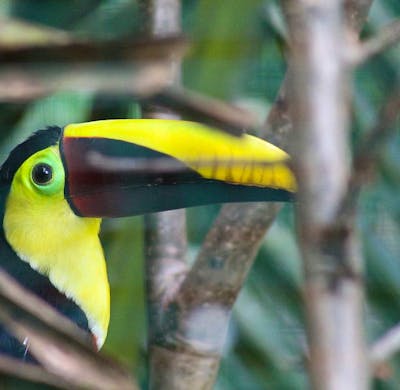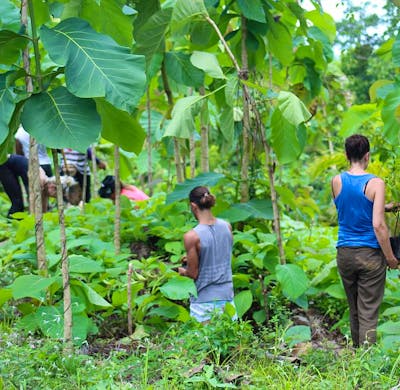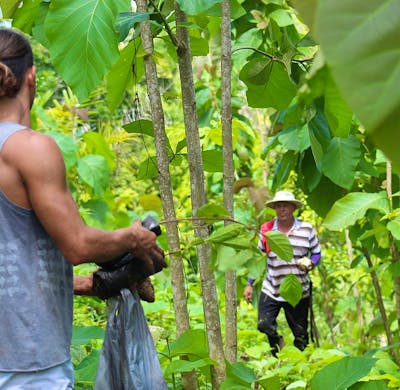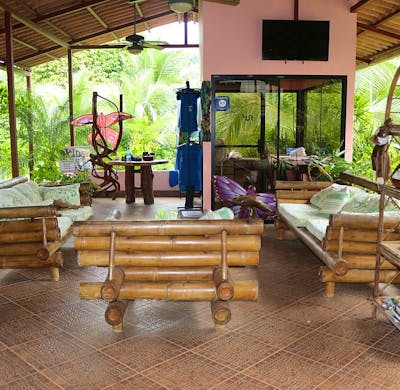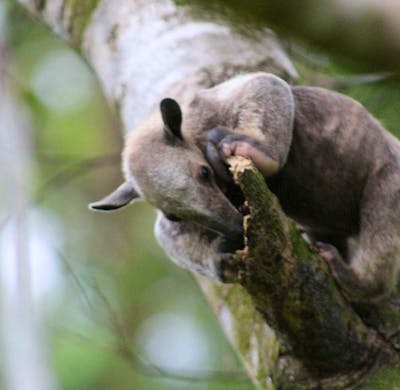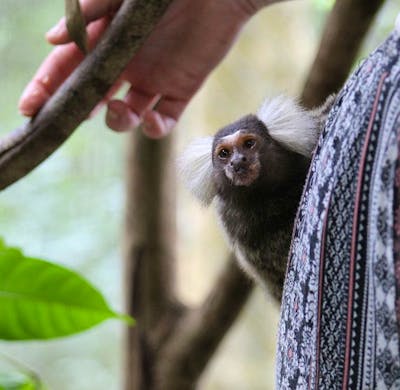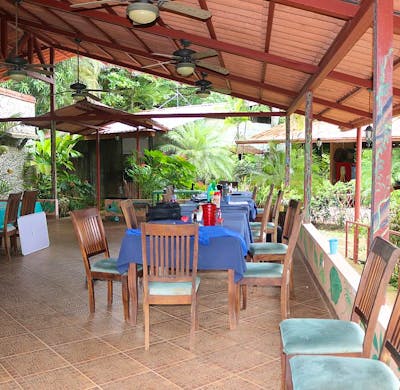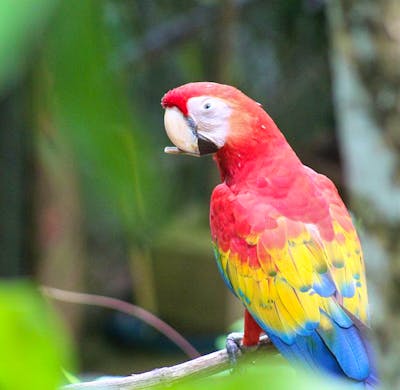2024 at Wildlife Sanctuary Supporter
from 1,172€
Sloth And Wildlife Conservation Supporter
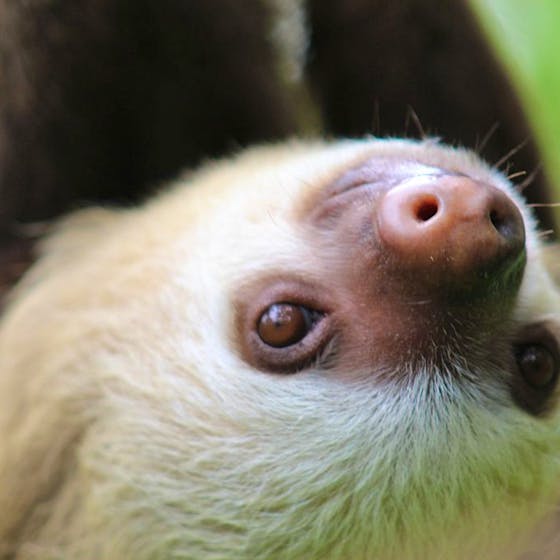
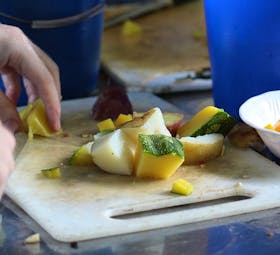
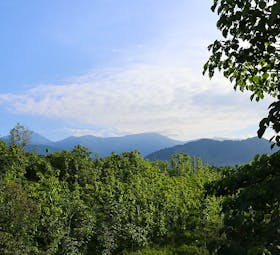
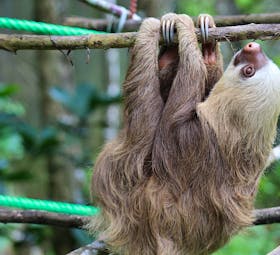
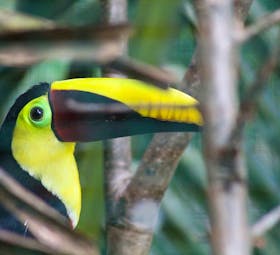
Especially suitable
About the program
Volunteer with sloths, monkeys and a range of other wildlife in their native home of Costa Rica and help protect these amazing animals from the dangers of deforestation.
Begin your volunteer adventure and head to the rainforests of Costa Rica, where you can take part in the vital conservation of some of the country's most vulnerable wildlife. Your help will enable the sanctuary to care for the many animals that come through its doors, giving these creatures another ...
Typical day
Itinerary
The itinerary here is subject to change, but as a rough guide is as follows:
Day one: Arrive at the project site from the airport, either by taxi transfer or a combination of bus and taxi transportation. Depending on your arrival time, you may be shown around the project site (including the ...
Free-time activities
The project has its own pool on site, but if you would like to take part in a range of other activities, head to one of the nearby attractions. Go swimming at the beach, or enjoy time surfing, jetskiing or parasailing. Elsewhere, Manuel Antonio National Park is an excellent day out!
Requirements
What's Included
What's NOT included?
Details on arrival
You will need to arrive into San Jose International Airport by 3pm if you would like to have an arranged taxi transfer, as the transfer time to the project site is approximately 3.5 hours. The private taxi transfer costs $200 per vehicle. If you cannot arrive by 3pm, we advise that you arrive the day before, spend the night at hotel local to the airport, and then we can arrange to collect you the following morning (project start date).
The project takes on volunteers every day throughout the year, including Christmas, New Year and Bank Holidays. The doors will always be open provided volunteers are happy to get involved, so get in touch today!
Program fees
Meet your organization

The Great Projects
Agency - founded in 2003
Verified by Volunteer World
Coordinated by
Lauren
About the project
193 reviews ·  4.6
4.6
Location

You might also be interested in
-
Manuel Antonio
Bird Sanctuary
Monkeys
Sloths
50 Plus Volunteering
Family Volunteering
Latin America
Sloth Sanctuary in Costa Rica
Global Volunteer Opportunities
Best Volunteer Programs
Voluntouring
Family Volunteering in Costa Rica
Animal Rescue Center Costa Rica
Animals in Costa Rica
Mission Trips
Planning a Gap Year in Costa Rica
Projects Abroad
Adults
Wildlife in Costa Rica
Volunteer Trips for College Students
Couples
Group Volunteering
Wildlife Sanctuary Costa Rica
